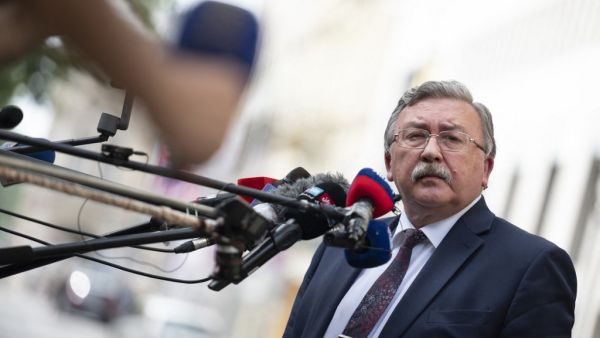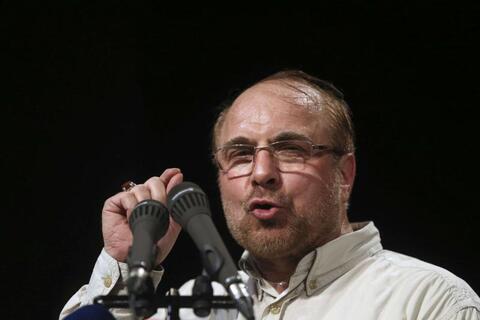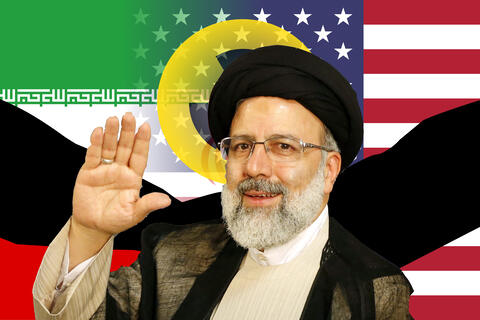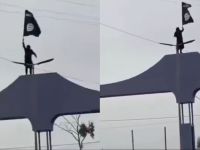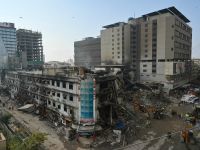Iran's refusal to extend the "technical agreement" with UN nuclear watchdog has put the ongoing efforts to revive the 2015 nuclear deal at a greater risk.
After Iran's representative to the International Atomic Energy Agency (IAEA), Kazem Gharibabadi, said Tehran was "not obliged" to extend the arrangement, Parliament Speaker Baqer Ghalibaf said on Sunday that the Islamic Republic will not give tapes recorded at its nuclear facilities in the past three months to the UN nuclear agency.
#Iran parliament speaker Qalibaf said that the technical agreement with @IAEAOrg has not been extended & that none of the recordings of the Iranian nuclear sites would be provided to the IAEA. pic.twitter.com/cWn6Yky5Sq
— Abas Aslani (@AbasAslani) June 27, 2021
He also denied that the 3-month deal signed between Iran and IAEA in February had been extended in May, saying the law introduced by the country's parliament has been implemented, which called for suspension of cooperation with the IAEA beyond safeguards agreement.
"The agreement has expired," Ghalibaf told parliament during an open session. "Any information recorded will never be given to the International Atomic Energy Agency and the data and images will remain in possession of Iran."
The three-month monitoring agreement between Iran and the IAEA, which was extended by one month on May 24, ended earlier this week, with growing calls from the US and European countries for its extension.
Russian ambassador to IAEA nudges Iran to extend technical agreement with IAEA https://t.co/y9xGAFz5pY
— Laura Rozen (@lrozen) June 25, 2021
Under the agreement, data from Iran's nuclear facilities is to be stored in a black box, which will be handed over to the IAEA after ongoing talks to revive the 2015 nuclear deal end successfully.
On Friday, the IAEA had demanded "immediate response" from Tehran on the deal's extension, to which Gharibabadi said the agreement was a "goodwill gesture" from Iran and the country was "not obliged" to extend it.
"If it were not for the (Vienna) negotiations, we would not have reached a technical agreement with the IAEA," Iran's IAEA envoy said on Saturday. He also took umbrage to the IAEA decision to report the matter to the watchdog’s board of governors.
On Friday, US Secretary of State Antony Blinken said failure to extend the monitoring agreement would be a "serious concern" for ongoing negotiations.
Interestingly, Mikhail Ulyanov, Russia's envoy to the IAEA, said in a statement on Saturday that extension of the arrangement would "allow to avoid uncertainties which can have unjustifiable long-lasting negative effects."
Iran's decision to stop implementing the IAEA's Additional Protocol has prevented the UN agency from carrying out snap inspections at undeclared nuclear sites in Iran. However, the agency continues to monitor declared nuclear sites under its Comprehensive Safeguards Agreement.
This article has been adapted from its original source.


